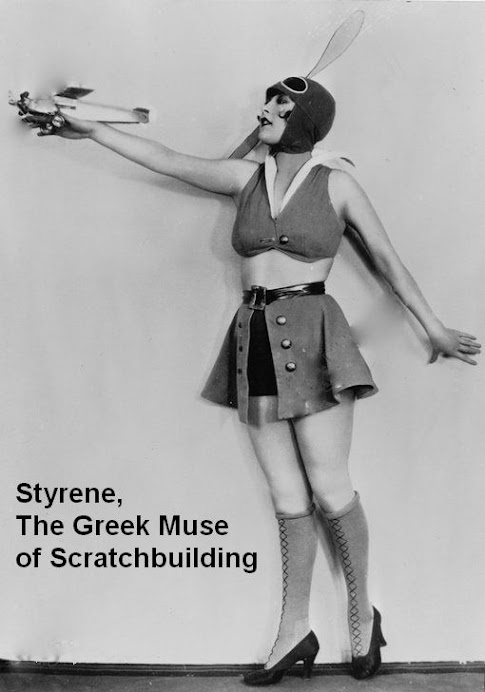The step-by-step construction article is here:
Once again, profuse thanks to friend and fellow modeler
Sönke Schulz who gifted the nice Airfix kit. Thanks also for the article on the issue #5 of The Aviation
Historian magazine, and especially to Mika Jernfors of Arctic Decals. He
produced a remarkable set that made possible this model. The link to his site can be found on the side bar together with the other links.
Regarding the article in the magazine, I did not follow it
entirely on a few details, as I do not 100% coincide on the drawings'
interpretation, comparing them with photos. Some of this was explained in the
step by step construction article.
This was indeed a fun project, starting with an inexpensive
but nice old kit and thanks to those superb decals.
A few modifications are needed as described on the
step-by-step building article, but nothing out of the ordinary. As you can see I added a "posed" Small Stuff resin engine, much better than the one inside
the cowl of the kit (barely visible anyway), as a way to confer a sense of
"ambience" without going into a complicated diorama.
This little model is one more example of what you can do to finish a wartime
plane in a much more colorful, uplifting, peaceful, meaningful, exciting,
out-of-the-ordinary and rewarding decoration.




























































...the most beautiful pup! Congrats... And also "fly"!! You've seen, aerohomeboy, the static modelers we can do it too... ^_^
ReplyDeleteGracias Matías!
DeleteYeah, let's teach that Vance that our models also can also fly...if it is true that they don't land as graciously and become again a kit on impact :-)
Beautiful Gabriel, a way to add a new life to old kits, many times forgotten by modelers. Armando Gil.
ReplyDeleteGracias Armando.
DeleteEs divertido también ver que se puede hacer con un kit viejito.